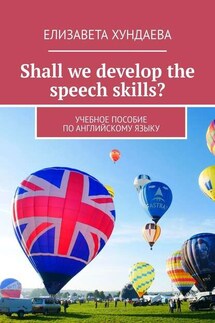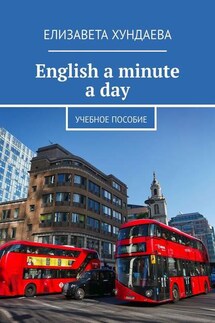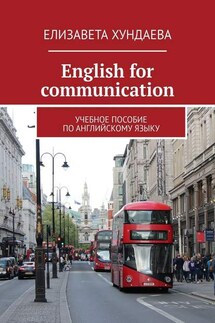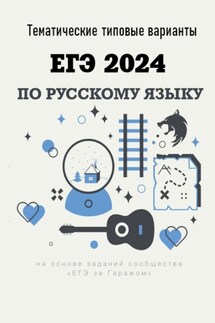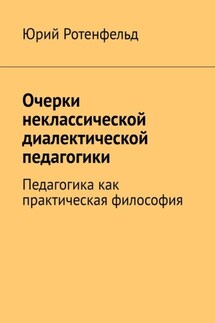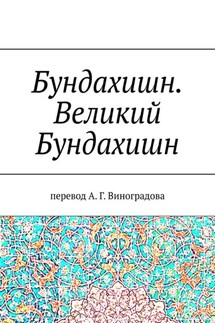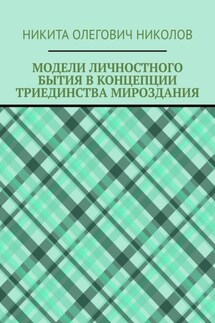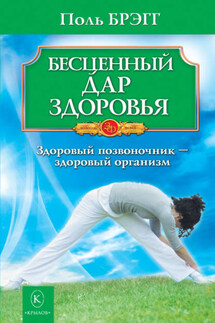Еnglish for communication. Учебное пособие по английскому языку - страница 2
The phrases and sentences
I am a researcher (исследователь). He is a good scientist. It is correct. The method is complicated. It is a good paper. These are reliable devices (приборы). We were students. It was a reasonable hypothesis. They were right. Pete is right. The experiment is complicated. This is his book. These are reasonable hypotheses. This is a good series of experiments. These men and women are scientists. These are good papers. That was correct. These are their books. I see you. He saw them. They saw us. I saw her. She saw me. His paper (статья) is good. Her hypothesis is correct.
Could you speak slowly, please? Говорите медленно, пожалуйста.
Can you tell me the time, please? Скажите, пожалуйста, сколько времени?
Could you tell me the time, please? Не могли бы вы сказать мне, сколько времени сейчас (the same, but more polite).
What is the time, could you tell me? Который час, не скажете?
Will you step aside a little, please? Посторонитесь (отодвиньтесь немного), пожалуйста.
Would you step aside a little, please? Не могли бы немного отодвинуться, пожалуйста (the same, but more polite).
Will you spell this word, please? Назовите это слово по буквам, пожалуйста.
Would you spell this word, please?
Could you tell me the way to the Central Bank, please? Не скажете, как пройти к Центральному банку?
Could you show me the way to the supermarket, please? Не покажете дорогу к магазину?
Could you help me with the luggage (baggage), please? Не поможете мне с багажом, пожалуйста?
Could you take me to the Buryatia Hotel, please? Не подвезете меня до гостиницы «Бурятия»?
Would you mind my going there? Вы не против того, чтобы я поехала туда?
The interrogative (вопросительный) words
What (что, какой)
Who (кто)
Which (какой, который из)
When (когда),
Where (где, куда)
How (как)
How much (сколько)
How many (сколько)
How long (сколько времени)
Whom (кого, кому)
Why (почему)
Whose (чей)
How often (как часто)
How many times (сколько раз)
How soon (как скоро, когда)
What time (в котором часу)
What kind (какой, какого рода)
The three forms of the verb
Come, came, come, coming
Go, went, gone, going
Put, put, put, putting
Be; was, were; been; being
Have, had, had, having
Make, made, made, making
Do, did, done, doing
Give, gave, given, giving
Hold, held, held, holding
Tell, told, told, telling
Think, thought, thought, thinking
See, saw, seen, seeing
Write, wrote, written, writing
Read, read, read, reading
Get, got, got, getting
Say, said, said, saying
Know, knew, known, knowing
Study, studied, studied, studying
Learn, learnt, learnt, learning
Return, returned, returned, returning
Take, took, taken, taking
The verb «to be»
To be – быть; являться; находиться; состоять в том, что; заключаться в том, что
Am – являюсь, нахожусь; is – является; are – являетесь, являемся, являются
Was – был (а); were – были; been – являвшийся, находившийся
Being – являющийся, находящийся; являясь, будучи, бытие
My being – то, что я являюсь (являлся, буду являться), нахожусь (находился, буду являться)
A living being – живое существо (создание).
